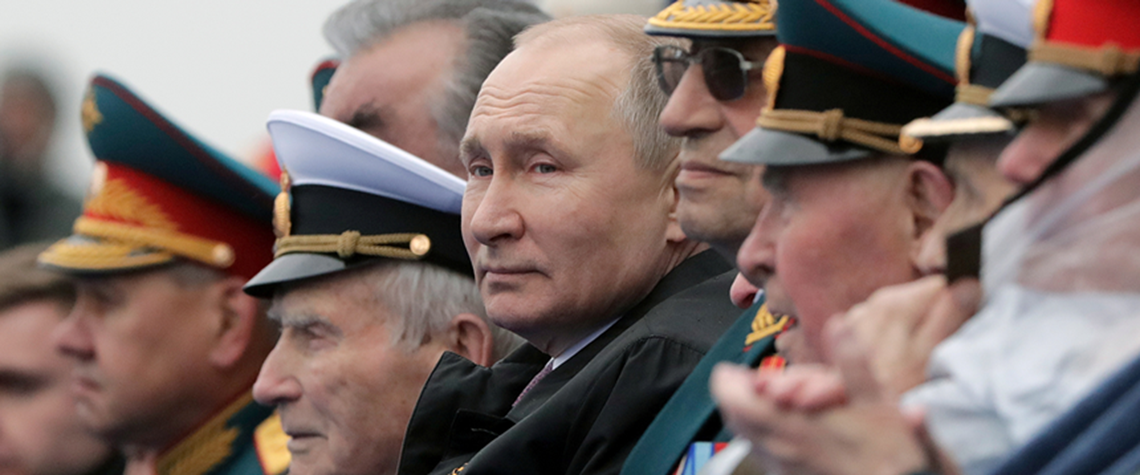Letter from Europe: Weaponised interdependence?
Mounting fear of an invasion of Ukraine has put Europe’s uneasy relationship with its biggest gas supplier back into the spotlight
Russian gas flows to Europe were unaffected by Moscow’s annexation of Crimea in 2014, partly because economic interdependence had evolved into a condition of mutually assured economic destruction. In 2013, gas accounted for about 14pc of Russia’s export revenues, or roughly $73bn. Russian gas accounted for nearly 30pc of EU supply, and more than a third of Germany’s. And so, when the US and EU formulated their response to the annexation, they were careful to avoid any measures that could disrupt the continued flow of gas from Russia to Europe. But now, Russia's swollen cash reserves may have convinced the Kremlin that it could withstand any retaliatory economic strike. Russia’s foreign reser

Also in this section
26 July 2024
Oil majors play it safe amid unfavourable terms in latest oil and gas licensing bid rounds allowing Chinese low-ball moves
25 July 2024
Despite huge efforts by India’s government to accelerate crude production, India’s dependency shows no sign of easing
24 July 2024
Diesel and jet fuel supplies face a timebomb in just four years, and even gasoline may not be immune
23 July 2024
Rosneft’s Arctic megaproject is happening despite sanctions, a lack of foreign investment and OPEC+ restrictions. But it will take a long time for its colossal potential to be realised







